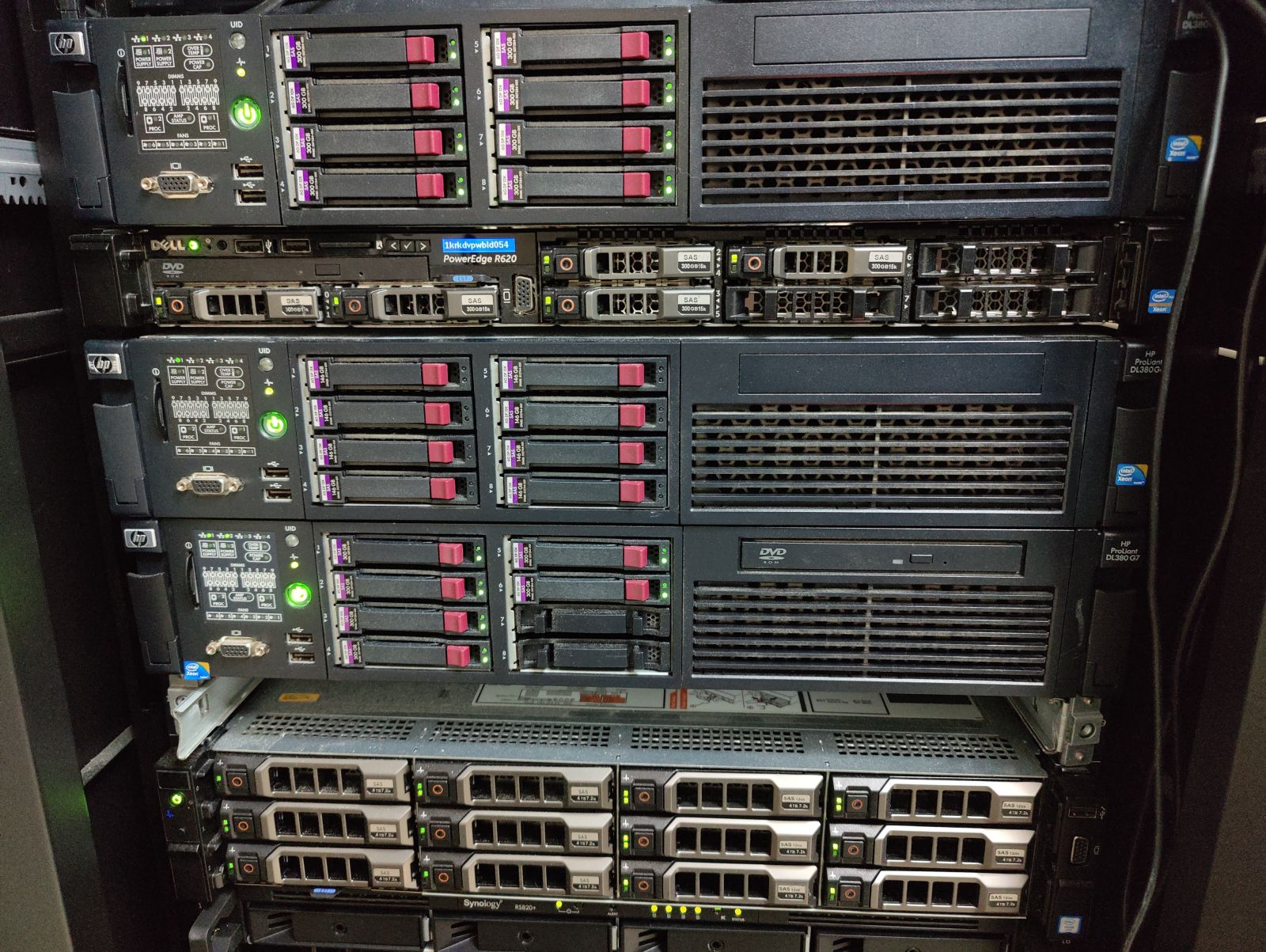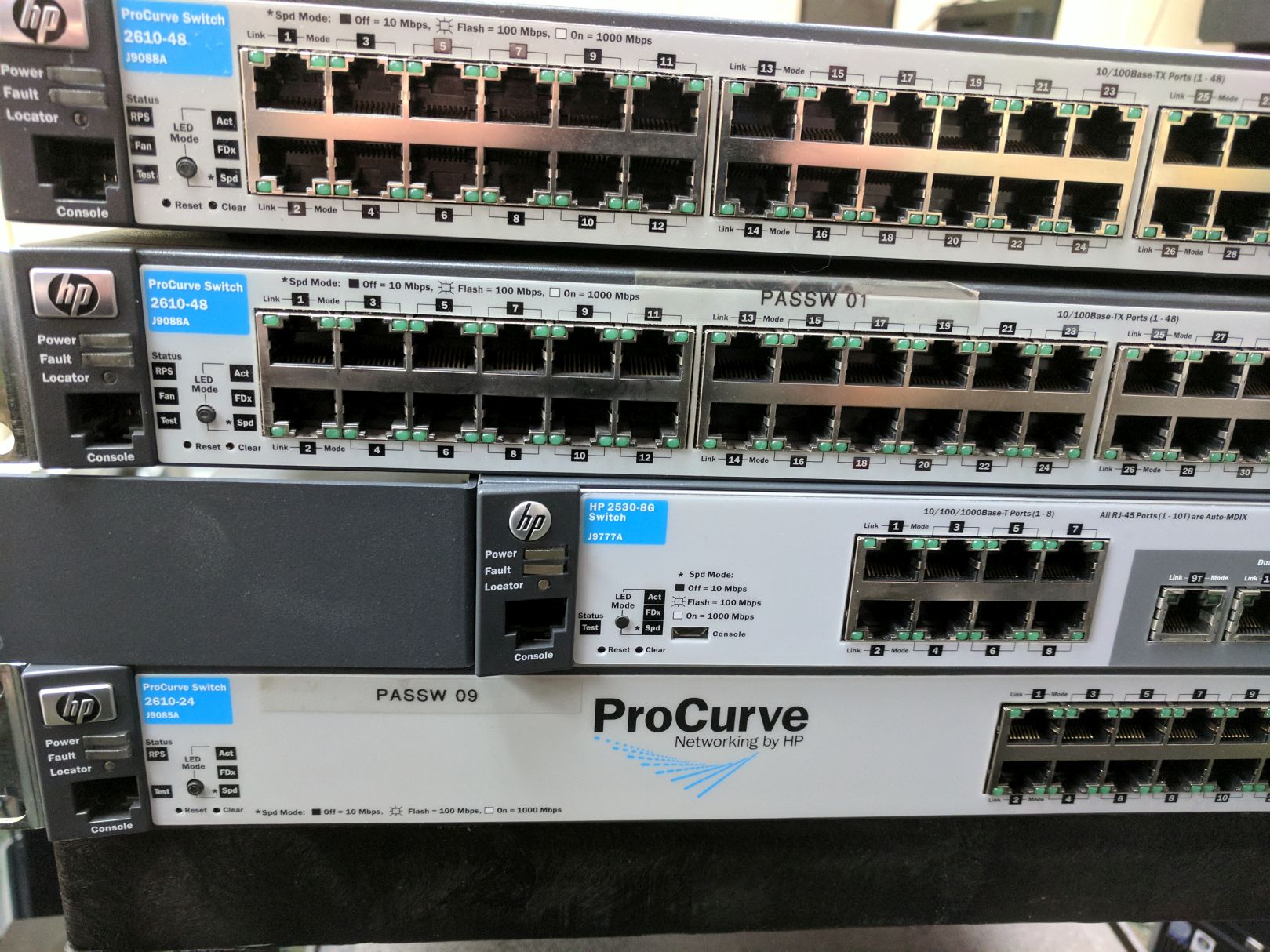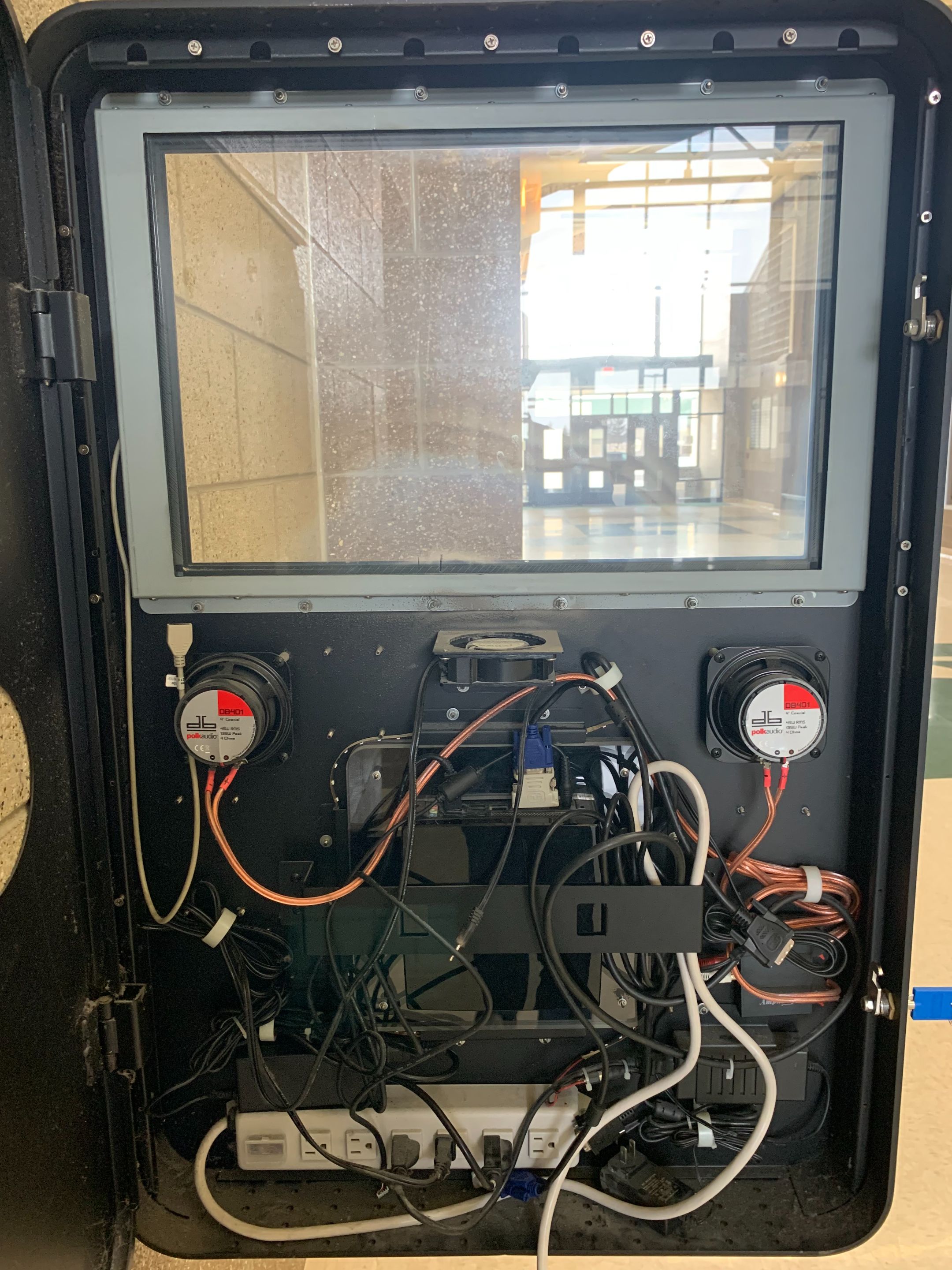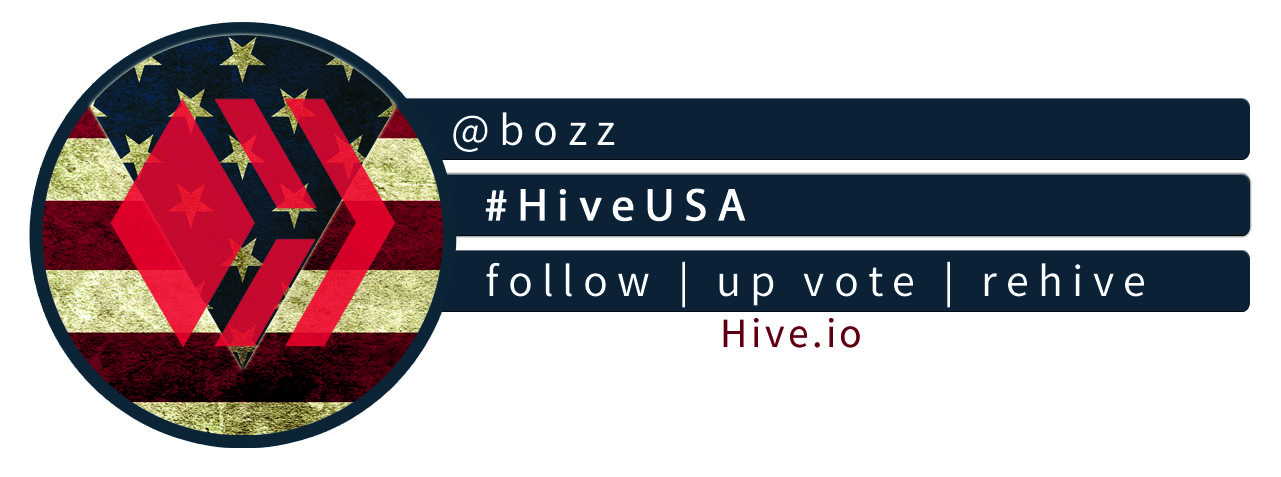
It's not uncommon in the business world for one company to buy another company. I would imagine it happens all the time, but for the most part, we never realize the change has taken place. At the very least, we expect that something good has come out of acquisition. Something that not only benefits the buying company, but something that brings some form of benefit to the customers as well.
Usually, that ends up being the case. Occasionally it is not.
This is one of those occasions.
In case you haven't heard, public schools in the United States are woefully underfunded. It's a constant battle, but we do our best to stretch pretty much every dollar we can. While big corporations are on a three year refresh cycle with their infrastructure and end user devices, I have some machines in my district that are close to 15 years old.
They still work great, so why bother spending the money on updating them. That money could instead go towards things like books etc.
Sure, there are some districts in more affluent neighborhoods that are more well funded than others, but for the most part, we are just scraping by.

That's part of the reason why VMware found such a large customer base in the education sector. They had free offerings as well as some pretty deep discounts for public school districts. As you might guess, virtualization is pretty big deal when resources are tight. Instead of having to buy multiple servers to get certain things done, I can buy one and use virtualization to stretch my dollar.
I used the free ESXi from VMware for many years before I decided to finally buy the full package from them. My first year of service was $319.03 for my whole district. That gave me three hosts with up to two processors per host. Which is perfect because at the time that was exactly how many servers I had.
Fast forward a year and my next bill was only $38.94. I had already paid for a perpetual license of the software, so all that was required to renew the next year was the maintenance subscription.
Pretty nice right?
Then the fecal matter hit the fan.
You see, in January of 2024, Broadcom purchased VMware for $61 Billion US dollars. Good for them maybe, bad for us...
They immediately announced that perpetual licenses and education discounts were going to be a thing of the past. This sent countless businesses scrambling to determine what they were going to do moving forward. I had been considering a migration, but when my renewal bill came due and I discovered it was now $5,753.60 annually, the writing was on the wall.
That's about a 150x increase over what I was paying the previous years. Despite the mass exodus from VMware, they are so large all they really need is a couple of businesses to pay the 150x increase and they are probably set for the year.
Needless to say, many educational institutions either made the switch or are waiting to see if Broadcom back tracks their changes. If not, they will end up switching as well.

So what are the alternatives?
Many school districts already have EES licensing for Microsoft through a government contract. This includes access to HyperV, so it makes migration to the Microsoft virtualization platform a bit of a no brainer.
However, some districts don't wish to be beholden to another large company who might suddenly raise prices, so they decided to go the open source route. XCP-NG, and Proxmox are a couple of really solid alternatives.
@themarkymark tried to steer me towards Proxmox, but I was already leaning towards moving to Microsoft HyperV due to our EES licensing. I did install Proxmox and it is indeed very powerful. Plus there are new integrations being added all the time.
I would have no issues running Proxmox on a home lab or in an environment where discounted Microsoft licensing wasn't available.
There are several other paid services as well like Nutanix and a few other ones, but really, you should investigate to determine what will be best for you. Perhaps you have a lot of complex things running on VMware and paying the extra cost is worth it to you.
Migration Time
Migration was actually pretty simple. My biggest issue was I kept running out of space on my servers, so I had to juggle vm's around until I got everything moved over. I decided to kill two birds with one stone and I purchased Veeam to handle my backups and the migrations of the machines. Fun fact, Veeam is fully supported for Proxmox as well.
Basically, I just created a backup of each of my virtual machines on VMware and then I chose to restore them to a HyperV environment. The process took me a couple of hours each night. It does everything pretty automatically. Then you just have to change a few settings and move the vm back into production and you are good to go.
It might be the easiest thing I do all year as a tech director!
Personally, I would love nothing more than this move to come back and bite Broadcom in the butt. Then again, maybe a mass exodus is what they wanted all along. It wouldn't be the first time a business bought another one for a single innovation and then shut down all other operations.
I guess we will have to see.
If you work in IT do you or your company use VMware? How has this acquisition impacted you/them? Did you migrate? How did that go? Let's talk about it in the comments!
Sports Talk Social - @bozz.sports
